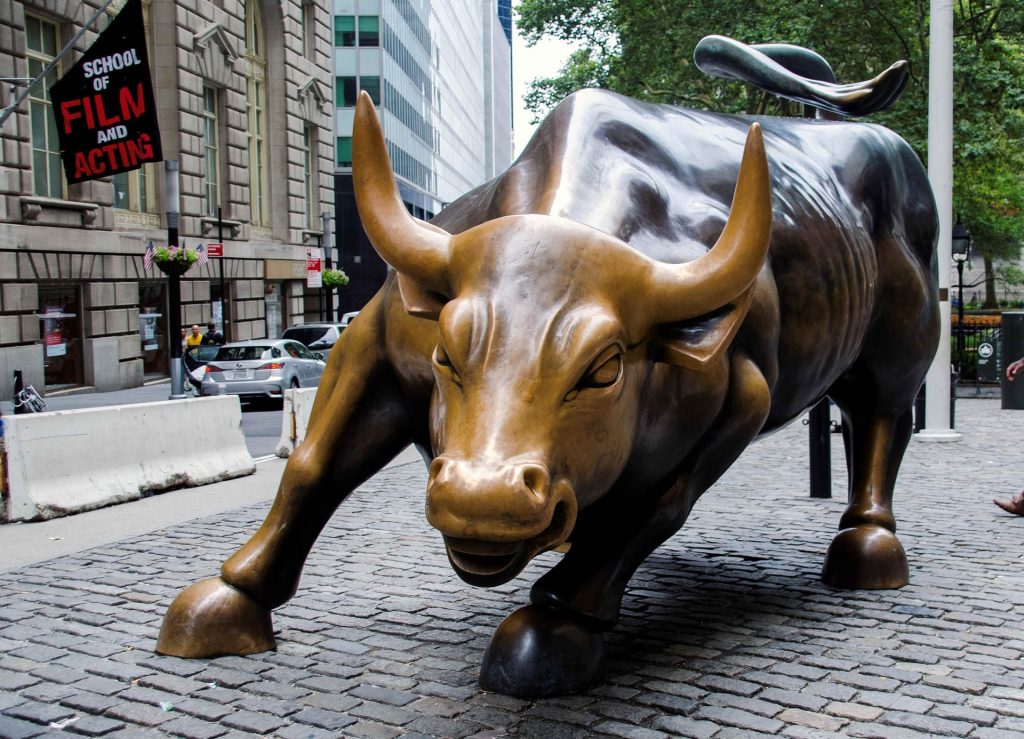
Customer success: the cornerstone of “21st Century Capitalism”
It would work just as well for socialism too
It’s party conference season in the UK at the moment, a few weeks where I get a morally-dubious pleasure in watching the main political parties in the UK conduct an exercise of inadvertent self-sabotage in a seaside or city location. It’s rather like those episodes of The Apprentice where one or both teams begin to implode: you know you shouldn’t find it entertaining but you can’t take your eyes off it all the same.
In the search for a vaguely new-sounding idea that doesn’t have anything to do with Brexit, I was interested to hear the Chancellor of the Exchequer, Philip Hammond, outline something called “21st Century Capitalism”. It’s the cheapest trick in marketing to put “Modern” (© New Labour, 1997) or something similar in front of a well-used word to make it sound fresh but, indulging Mr Hammond for a moment, what could it mean?
Luckily, his colleague the Chief Secretary to the Treasury (if any non-UK readers have got this far, don’t you just love our job titles?) Lynne Truss was on hand to explain to the BBC’s lunchtime news. It’s got something to do with social media and all the e-stuff that that includes, apparently. That’s the kind of loose definition that I can live with and I think she might be on to something: new media, and the rapid pace of change that goes with it, gives capitalists – I’m using the term to mean anyone running or working for a private or public sector business in a market-based economy – opportunities like never before.
The problem, as people seem to be hinting at lately, is that pre-21st Century Capitalism hasn’t exactly delivered health, wealth and happiness in line with many people’s expectations. So, how can we make it work? I’m no economist but that doesn’t prevent me from offering this hypothesis:
Customer success will be the tool to making capitalism work
By customer success I mean the next generation customer experience or customer experience 2.0 approaches that put the customer at the centre of what an organisation does, how it thinks and how it behaves.
Why is this different?
You could argue that successful organisations have always put the customer first. We do have the examples of Zappos, Southwest Airlines and many others to illustrate that and, if you’re pedantic you could argue that some of these organisations were successful in the 20th Century too. I totally agree, but the fact remains that most organisations don’t completely orient themselves around the customer and people are disillusioned with the current economic model.
Of course, putting those two statements in the same sentence doesn’t prove that lack of customer focus is the reason that capitalism isn’t working as well as it could be but consider what the alternative might be like.
No quick fix
Customer-centric organisations have the following characteristics:
- They have propositions that focus on customer outcomes and utilise technology to deliver these creatively (see my recent story about Deliveroo using customer behaviour data to set up dark restaurants)
- They recognise that happy employees are essential to deliver happy customers
- They have a strong sense of purpose.
This sounds like the kind of organisation that would be one that people would find rewarding to work for – and not just financially. And whilst creating many thriving customer-centric enterprises wouldn’t solve some of the structural problems that the UK faces such as infrastructure, health and house prices overnight, it could be a major contributor to success.
By the left
At the other end of the political spectrum I find it hard to argue against enabling the kind of customer-focused organisation I have described as part of a more redistributive approach to the economy. In fact, I’d go so far as to say that – to avoid the trap of the traditional, faceless bureaucracies that characterised nationalised industries back in the 1970s – a customer success approach should be just as essential to 21st Century Socialism as it is to 21st Century Capitalism.





